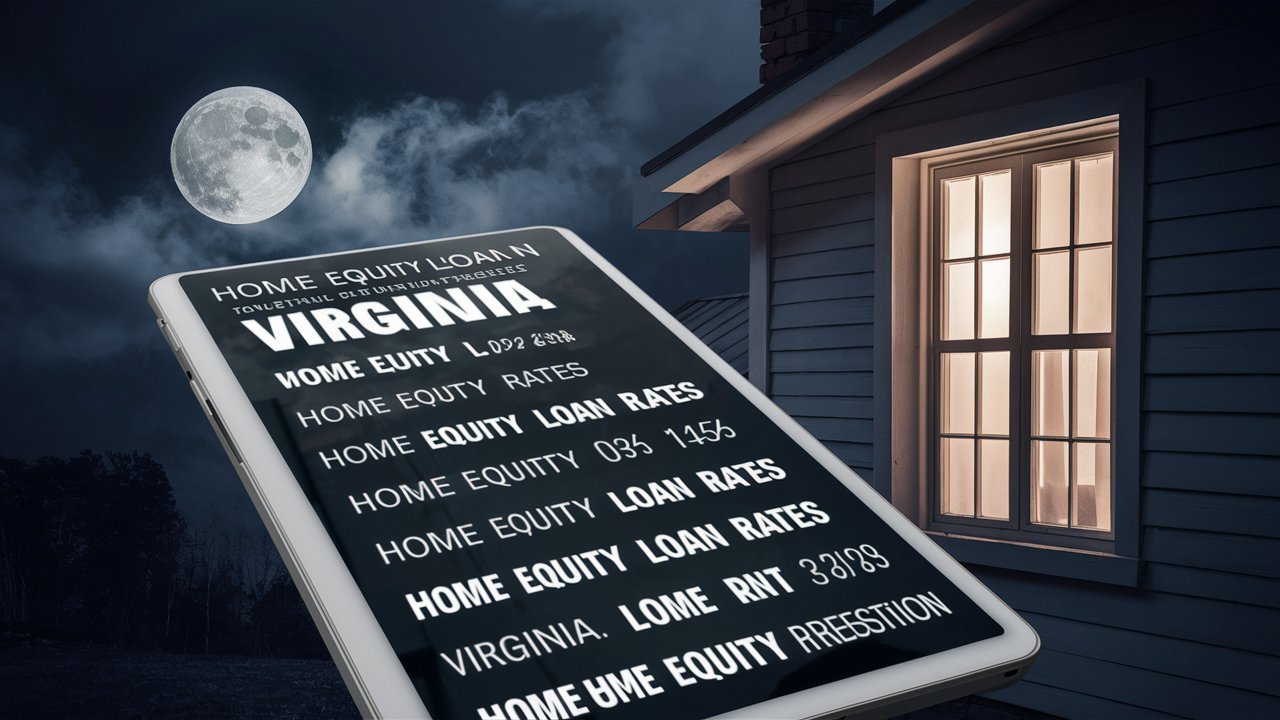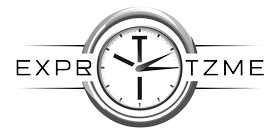Home equity loans are becoming the most popular form of financial aid used by homeowners who reside in Virginia. In the wake of rising property prices and historically low interest rates the majority of homeowners are tap on their equity from home for financing various purposes like home improvement as well as debt consolidation or large purchase. Knowing the intricacies of mortgage rates on home equity in Virginia is essential to make sound financial choices.

Understanding Home Equity Loans
What is a Home Equity Loan?
Home equity loans, also called a second mortgage, permits homeowners to draw on the equity in their homes. The amount borrowed is based upon the gap between the current value of the house as well as the remaining balance of the mortgage.
Types of Home Equity Loans
- Fixed Rate Home Equity Credit They have a an interest rate that is fixed as well as fixed monthly payment.
- Home Equity Lines of Credit (HELOCs): These are more similar to credit cards, but having a variable rate of interest and a draw-time period, that is followed by a repayment time.
Benefits of Home Equity Loans
- Lower Interest Rates In comparison with other types of credit Home equity loans generally provide lower interest rates.
- Tax Deductibility: The interest on loans to home equity may be tax-deductible, if they can be used to make home improvements.
- Lump Sum payment Fixed-rate loans focus on providing an amount in lumps, which is beneficial in the event of high-cost expenses.
Drawbacks of Home Equity Loans
- Affliction of Foreclosure Failure to make payments on the loan may cause the loss of your house.
- Charges and Costs of Closing They typically have significant fees as well as closing expenses.
- Variable rates HELOCs are offered with variable rates. These could improve in time.
Home Equity Loan Rates in Virginia
Current Rate Trends
In Virginia the home equity loan rates vary depending on the loan’s lender, type and the individual credit score of the borrower. Based on the most current statistics, fixed-rate mortgages typically vary from 3%- 7percent, whereas HELOCs could start out lower, however, they could rise in accordance with economic conditions.
Factors Influencing Rates
- Credit Score High credit scores typically result in lower interest rates.
- Rate of Loan-to-Value (LTV): Lenders favor lower ratios of LTV and this means lower risk.
- The amount of the loan Higher loan amounts may be associated with higher interest rates.
- Market Situations The economic environment as well as Federal Reserve policies impact interest rates.
Comparing Lenders
It is essential to evaluate deals from diverse lenders to discover best rates. perfect rates. Think about local banks and credit unions as well in the national lenders.
How to Qualify for a Home Equity Loan in Virginia
Credit Score Requirements
The majority of lenders need a minimum credit score of 620 however, higher scores (above 700) are preferable for perfect rates.
Income and Employment Verification
They will want the proof of a regular income and job history in order in order to assure you’ll be able to pay back the loan.
Home Appraisal
An appraisal will establish the market worth of your house, which will affect the loan amount that you may be eligible for.
Debt-to-Income Ratio (DTI)
Most lenders want they have a DTI ratio of less than 43 percent. The DTI ratio is the amount of monthly debt payment with your income per month.
Applying for a Home Equity Loan
Steps to Apply
- Verify Your Credit Make sure that your credit report is correct.
- Calculate your equity Calculate your equity together the value of the value of your house today less the mortgage balance.
- Comparison of Lenders Compare lenders: Search to find best rates and terms. accurate rates and conditions.
- Collect documentation: make up your income or debt information, as well as your house value data.
- Submission of Application Submit Application: Complete the form and send applications to your preferred the lenders.
Documentation Needed
- Documentation of income (pay Stubs, tax returns)
- Credit report
- Statement of mortgage
- Assessment of tax on property
- Insurance policy for home owners
Costs associated to Home Equity Loans
Interest Rates
Fixed and variable rates may affect the overall cost of your loan dramatically. Knowing the structure of the rates is essential.
Closing Costs
This could include appraisal charges as well as origination fees and additional administrative costs. The typical range is between two to five percent of the loan.
Annual Fees
Certain HELOCs have an annual fee for maintenance or costs.
Benefits of Home Equity Loans in Virginia
Flexibility
Home equity loans are employed for many reasons, allowing flexible financial options.
Lower Interest Rates
In comparison to credit cards and personal credit, loans for home equity typically have lower rates of interest.
Potential Tax Benefits
The interest payments can be tax-deductible when the loan is intended for improvements to your home.
Risks and Considerations
Risk of Foreclosure
Making use of your house as collateral for a loan means that the inability to pay can lead to the possibility of foreclosure.
Impact on Credit Score
In the event of default or late payments, it could negatively affect the credit score.
Market Fluctuations
Property values decline and lower your equity, and improve your risk of becoming over-indebted on the loan you have taken out.

Alternatives to Home Equity Loans
Personal Loans
Unsecured loans don’t use your house as collateral.
Cash-Out Refinancing
Refinancing your mortgage with a higher amount than what you owe, and then paying the difference as cash.
Credit Cards
Ideal for small expenses, However, typically they come with more expensive rate of interest.
Expert Insights
Financial Advisors’ Views
Experts in finance often suggest together the home equity loan for important expenses. They also recommend against with the funds for purchases that are not essential.
Real Estate Professionals’ Tips
Realtors should think about the possible rise in value of homes in the event of together the home equity loan for home improvements.
Conclusion
Home equity loans within Virginia are a great investment for homeowners. If you are aware of the costs, advantages, risks and requirements for qualifying so that you are able to take a shrewd decision about which desirable matches your financial requirements and objectives. Be sure to evaluate several lenders, and think about consulting an expert financial adviser to warrant you get the excellent result.
